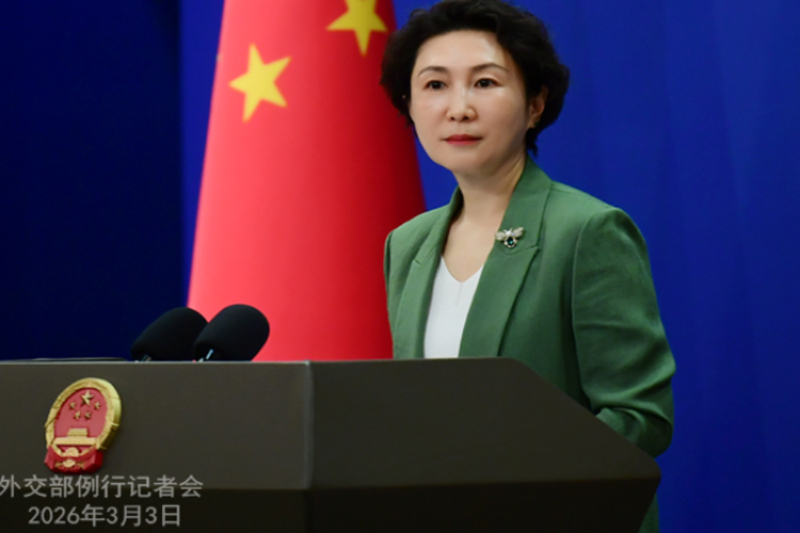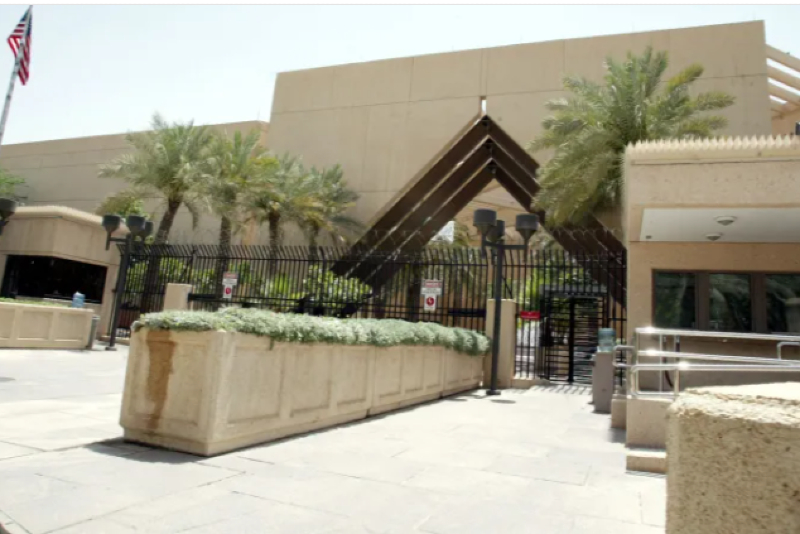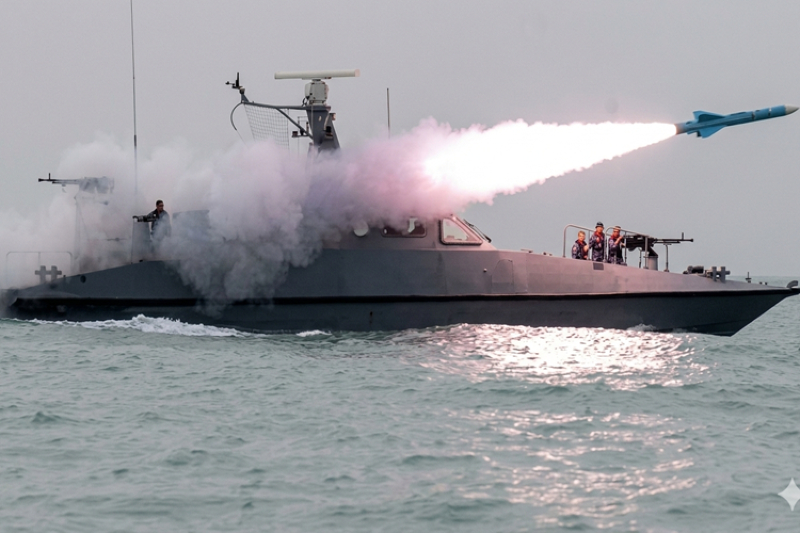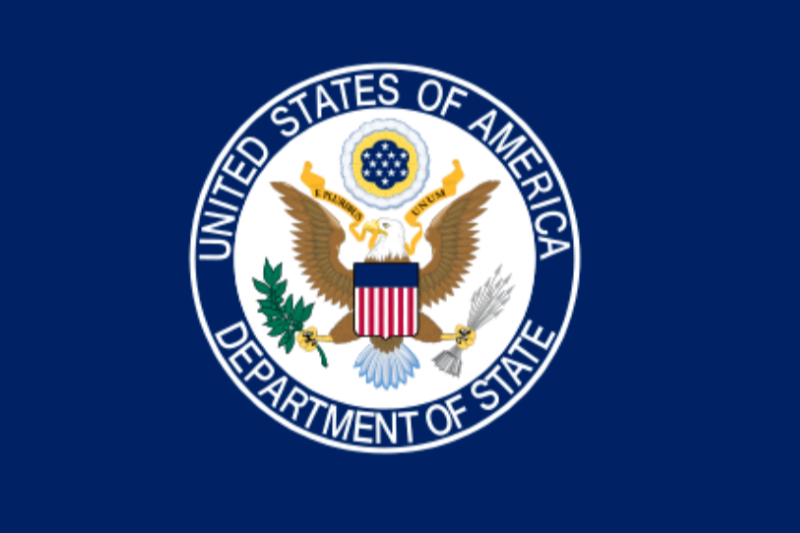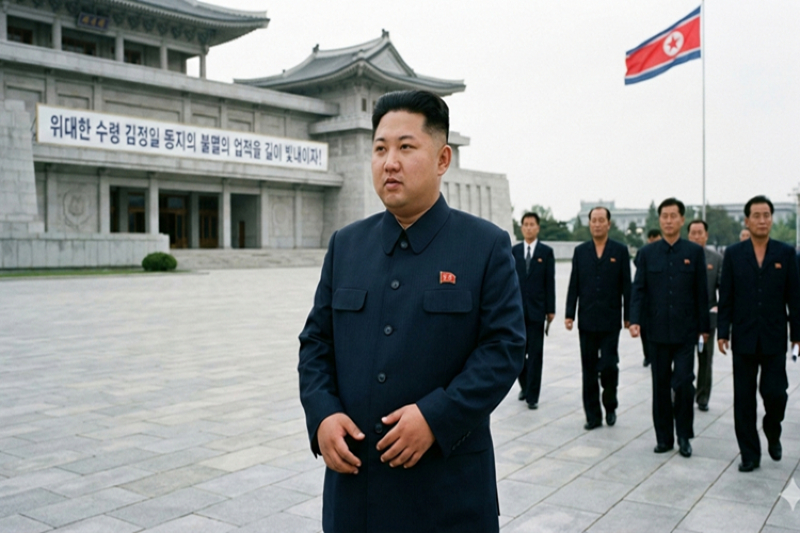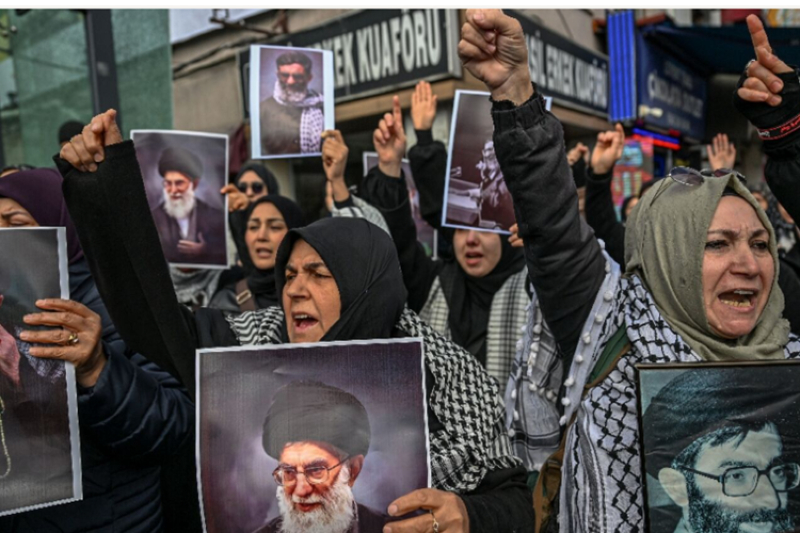Zelenskyy Nominates Svyrydenko as Next Ukrainian PM
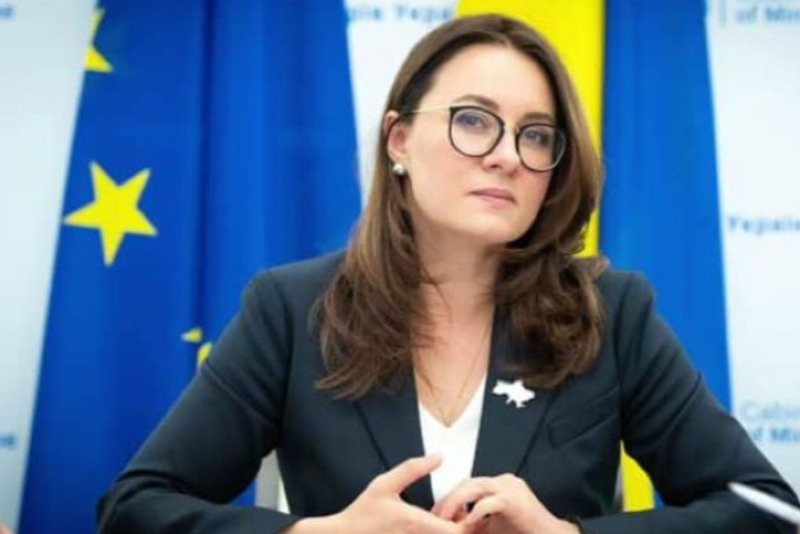
Ukrainian President Volodymyr Zelenskyy has launched a sweeping reshuffle of the country’s top leadership, nominating current Deputy Prime Minister Yulia Svyrydenko to become Ukraine’s next Prime Minister.
The proposal, announced Monday, signals a significant shift in Ukraine’s wartime governance as the country continues to battle Russia’s ongoing invasion and economic strain.
Svyrydenko, who also serves as Minister of Economic Development, is a close ally of both Zelenskyy and his influential chief of staff, Andriy Yermak.
She has played a key role in spearheading Ukraine’s economic ties with the United States, including a contentious minerals agreement that grants American companies access to Ukraine’s rich natural resources.
If confirmed by the Verkhovna Rada, Ukraine’s parliament, Svyrydenko will replace Denys Shmyhal, who has served as prime minister since March 2020 and holds the record as Ukraine’s longest-serving premier since independence.
Her proposed agenda includes boosting the national economy, increasing social support systems, and ramping up domestic weapons manufacturing.
The announcement follows Zelenskyy’s weekend meeting with Shmyhal, during which the two discussed reforms aimed at transforming the executive branch. It marks the second major government reshuffle during wartime and underscores a broader strategic overhaul within Ukraine’s leadership.
“Reforms are coming — particularly in defense and across all initiatives vital to the state’s resilience,” Zelenskyy said after the meeting. “We must slash unnecessary government spending and redirect resources toward economic growth through deregulation.”
In parallel, Zelenskyy confirmed plans to reassign Defense Minister Rustem Umerov to a diplomatic role as Ukraine’s ambassador to the United States.
The position is currently held by Oksana Markarova, who faced controversy in 2023 after arranging a politically sensitive visit by Zelenskyy to a U.S. swing state during the American election campaign.
With Umerov heading to Washington, Shmyhal is expected to take over the Defense Ministry — a significant role in Ukraine’s wartime strategy.
According to a member of parliament, the legislature could vote as early as Wednesday to dismiss current officials, with new appointments anticipated on Thursday.
Despite expectations of a smooth confirmation process due to Zelenskyy’s parliamentary majority, the reshuffle has sparked criticism from opposition lawmakers.
Ivanna Klympush-Tsintsadze, a prominent MP and chair of the parliamentary committee on European integration, warned that the president’s office is sidelining parliamentary authority.
“These decisions are being handed to parliament in finalized form, with little room for discussion,” Klympush-Tsintsadze told POLITICO. “This once again shows that the president and his inner circle are treating state institutions like rubber stamps, disregarding the balance of powers.”
Zelenskyy’s administration has declined to comment on the accusations but has previously denied claims of excessive executive control.
The coming days will be crucial in shaping Ukraine’s leadership as it navigates both internal reform and external conflict.



